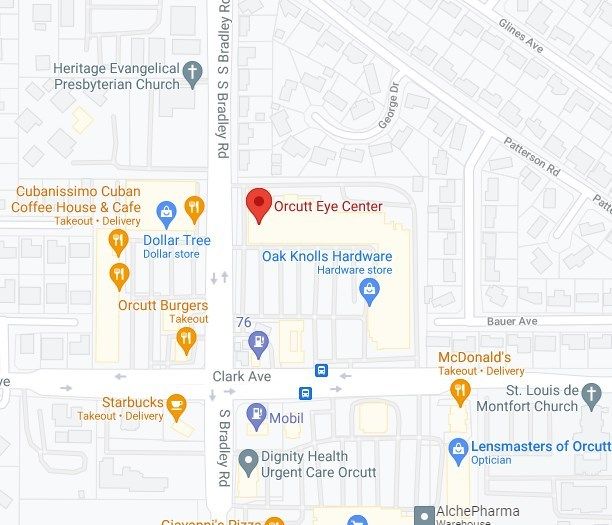
If you have cataracts, you may be curious about how to treat them. Cataracts make your vision cloudy. They occur when the eye lens proteins clump together and harden over time. They can affect anyone, but they are more common in older adults.

LASIK stands for laser in-situ keratomileusis. It is a surgery that corrects refractive errors for nearsightedness, farsightedness, and astigmatism.

Your eye doctor will examine you thoroughly to see if you can have LASIK. The Refractive Surgery Council encourages patients like you to make informed decisions about this procedure.

LASIK or laser-assisted in situ keratomileusis is a popular eye surgery for correcting refractive errors. Still, the American Society of Cataract and Refractive Surgery warns of the different misconceptions about LASIK despite this procedure’s effectiveness. Here are the common LASIK myths and the truths that debunk them.

LASIK, or laser-assisted in situ keratomileusis, is a popular and effective procedure for correcting vision problems. These include nearsightedness, farsightedness, and astigmatism. It is one of the most sought-after elective surgeries worldwide, one that can drastically improve the quality of your vision in just one session.

If you have a vision problem, you probably spend significant time wondering whether you qualify for LASIK. For the right candidate, refractive surgery can be an excellent way to fix refractive errors like myopia, hyperopia, and astigmatism without needing corrective eyewear.

Refractive errors can lower the quality of your life. They can cause you to forego activities and events you love because you cannot participate like before. Sometimes, the refractive errors can be so severe that it seems that contact lenses and eyeglasses do not work.

When you have lived most of your young life and probably early adult life wearing glasses, the idea of a life without them feels almost impossible.

Botox injections are a temporary but effective solution for your eye conditions. Working with an eye doctor ...

Different lifestyle and health measures can reduce your risk of developing cataracts. Most of them are factors that may contribute to cataract development. Read on to learn the daily habits that can prevent cataracts.


























